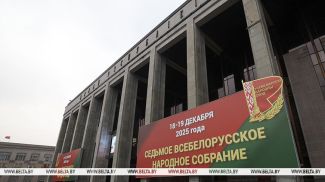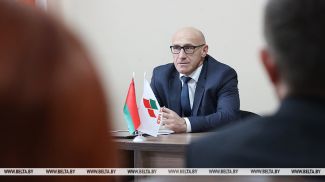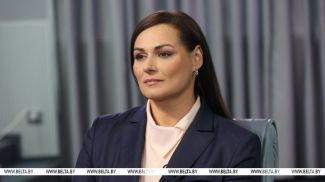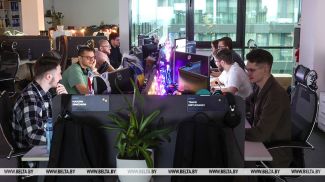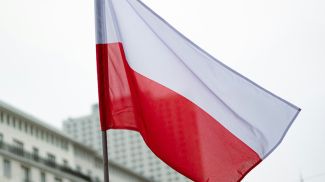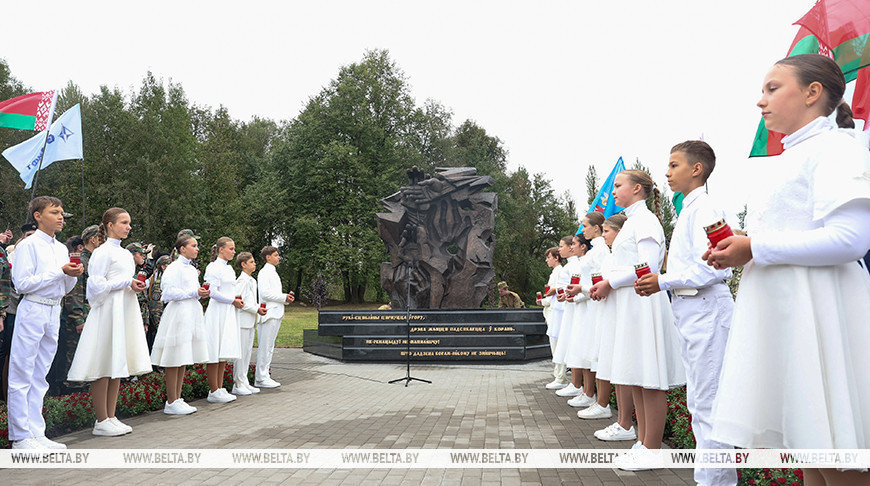
MINSK, 16 September (BelTA) – In the run-up to the Day of People’s Unity, a memorial signs was unveiled on the grounds of the former death camp Trostenets to honor the victims of the genocide, BelTA has learned.
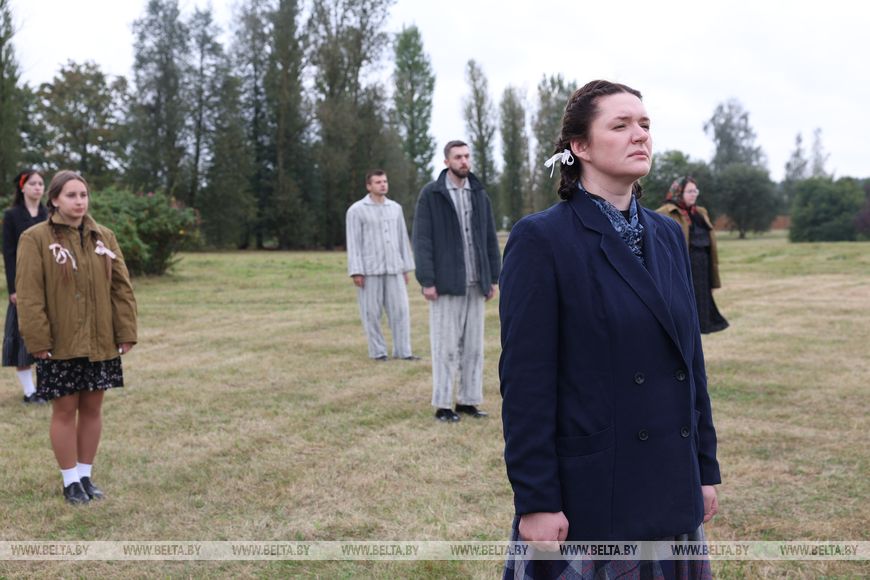
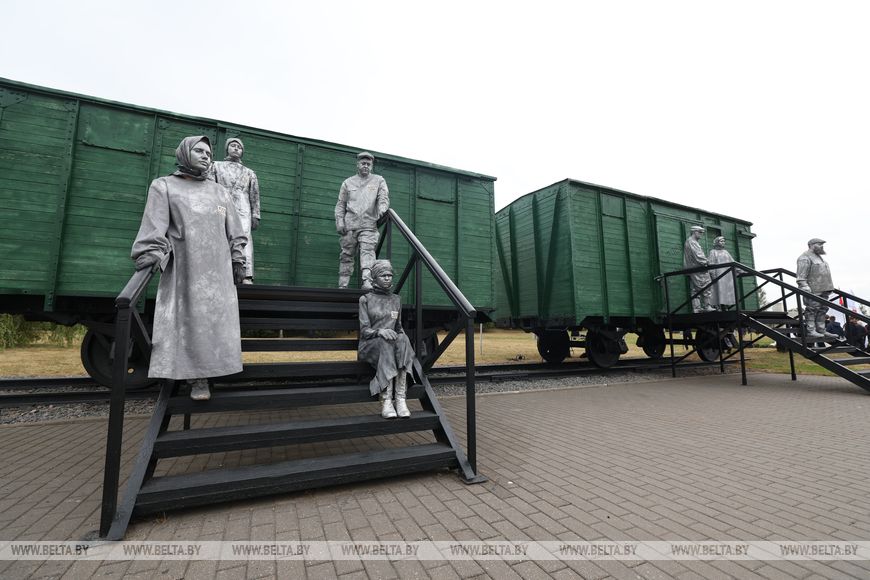
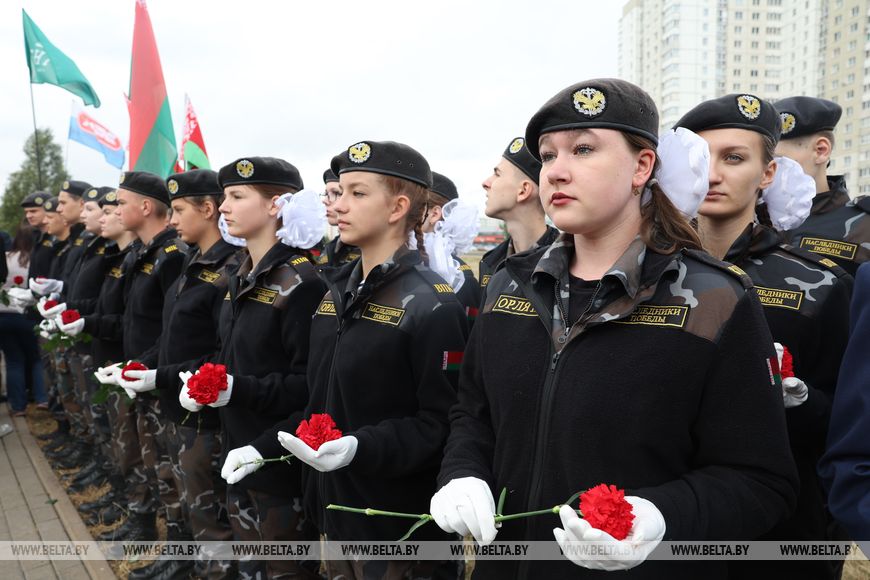
Deputy Prosecutor General of the Republic of Belarus Aleksei Stuk noted that similar memorial signs have been installed in all regions of Belarus. The one in Minsk was unveiled on 16 September. He emphasized that, in accordance with the national legislation, Belarusian courts can persecute perpetrators of war crimes who have long been deceased, and that the Supreme Court has already reviewed several such cases and delivered verdicts.
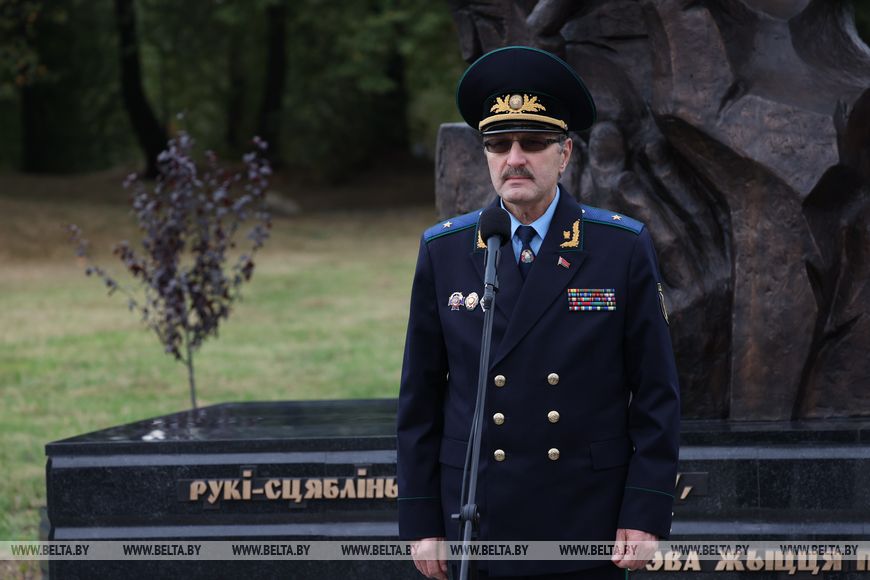
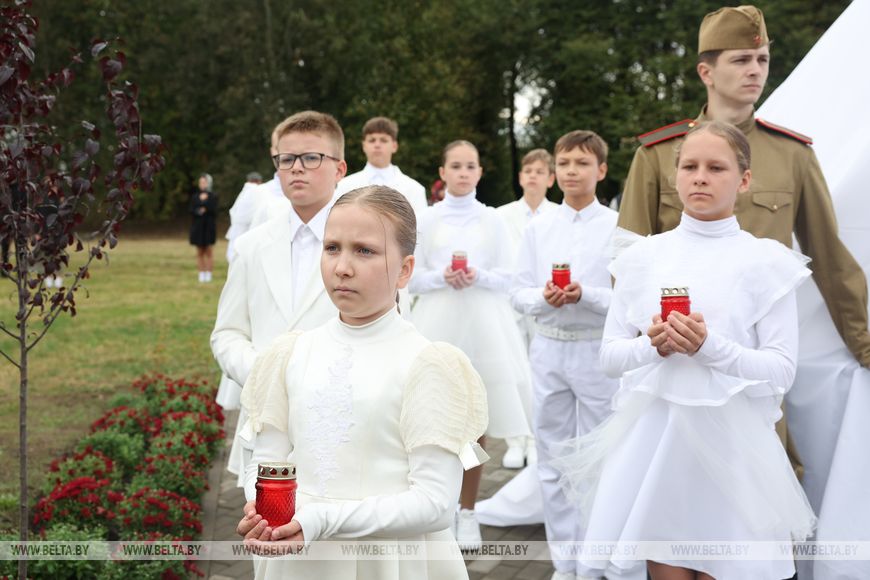
“Before the criminal case was launched, it was believed that Belarus suffered losses of under 2 million people. Today we can responsibly state that they amounted to 3 million. In this regard, the General Prosecutor's Office suggested considering the perpetuation of the memory of the victims of the genocide in every region of the country. There is probably no more significant and sorrowful place for Belarusians than Trostenets. It was the largest Nazi death camp in the entire post-Soviet space,” Oleg Lavrukhin said.
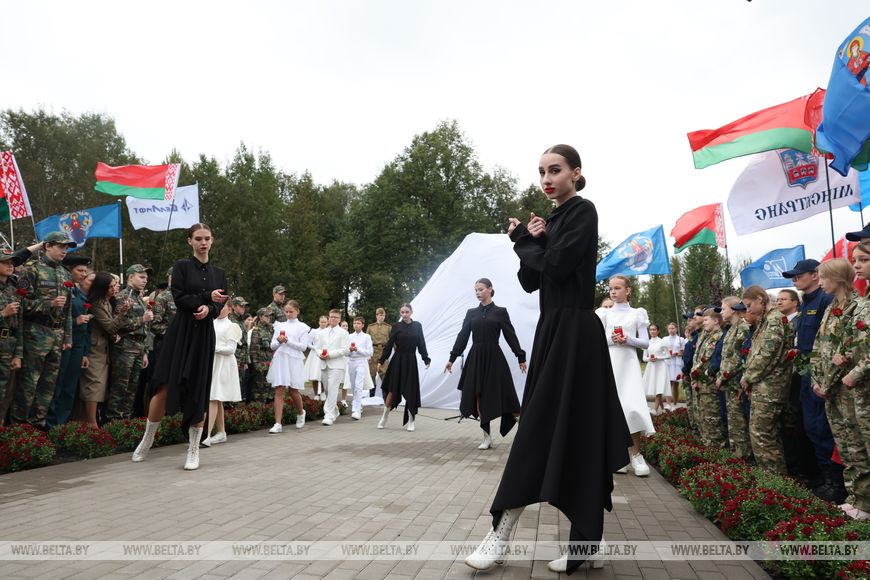
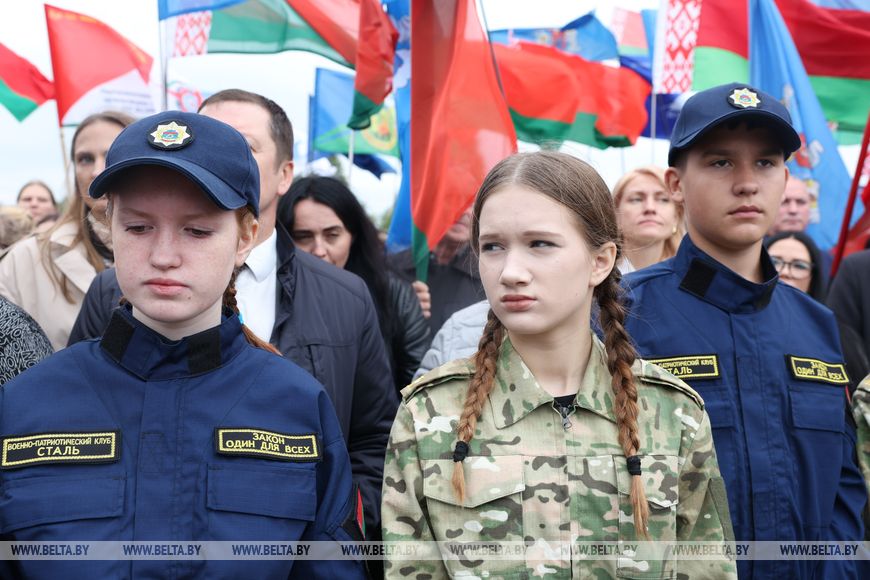
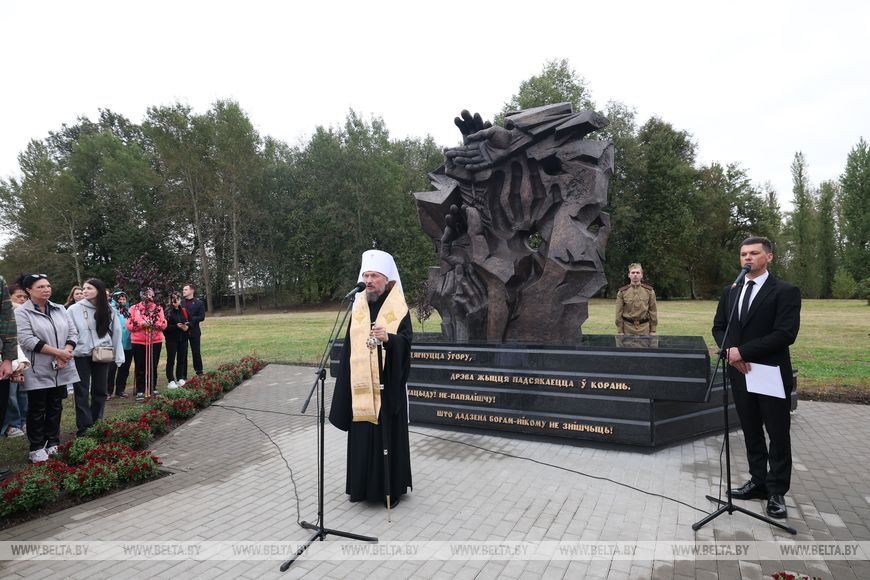
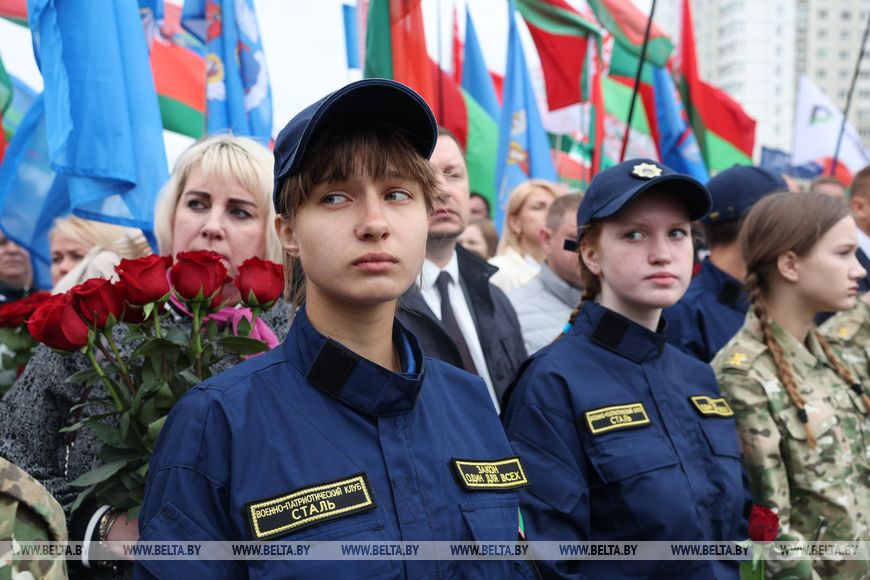 Chairman of the Minsk Veterans’ Council Filipp Vysotsky recalled the horrifying numbers and cited historical facts. “I cannot imagine how it was possible to kill half a million innocent people from 1941 to 1945! This was not a camp, but a death factory. Every day, they fulfilled their plan to murder people. When our troops approached Minsk during Operation Bagration, just two days before liberation, they killed 2,000 innocent people. Who does such things? God forbid we forget this horror even for a minute,” he urged.
Chairman of the Minsk Veterans’ Council Filipp Vysotsky recalled the horrifying numbers and cited historical facts. “I cannot imagine how it was possible to kill half a million innocent people from 1941 to 1945! This was not a camp, but a death factory. Every day, they fulfilled their plan to murder people. When our troops approached Minsk during Operation Bagration, just two days before liberation, they killed 2,000 innocent people. Who does such things? God forbid we forget this horror even for a minute,” he urged.
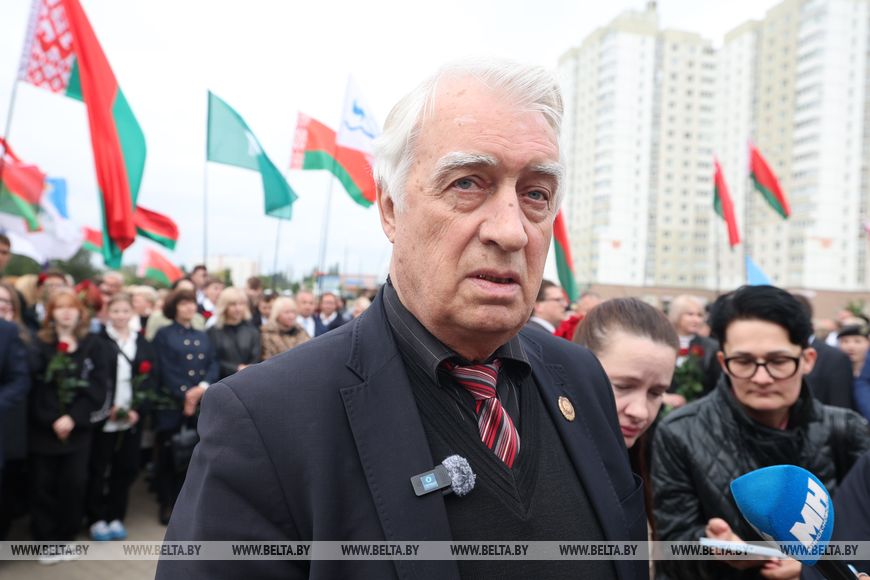
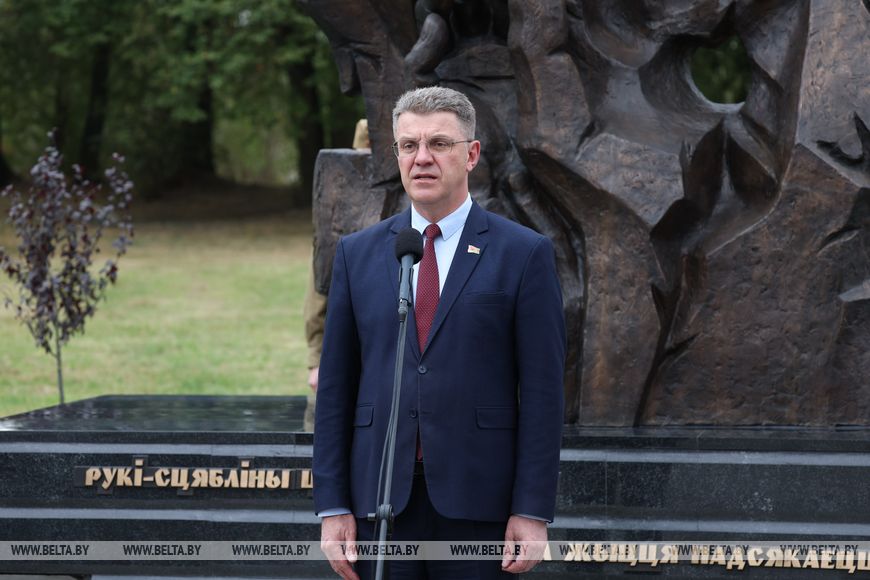
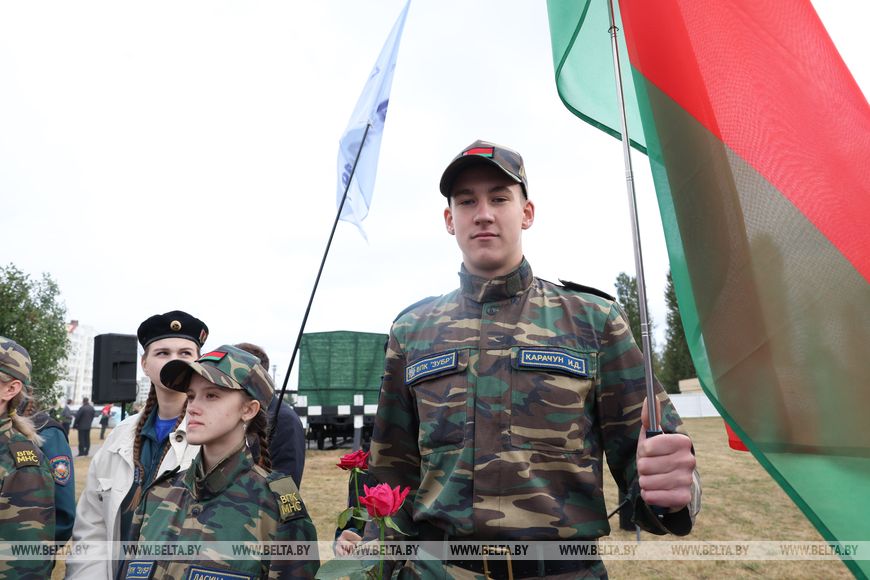
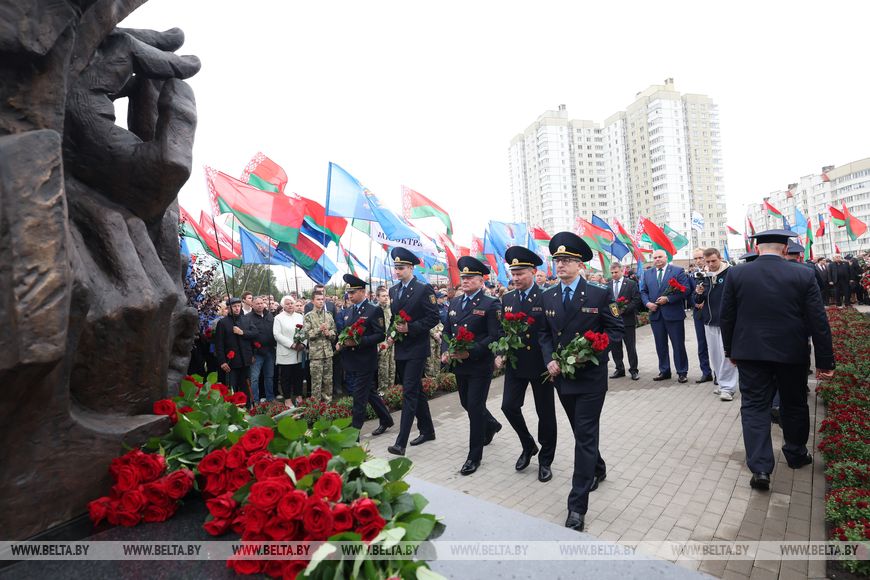
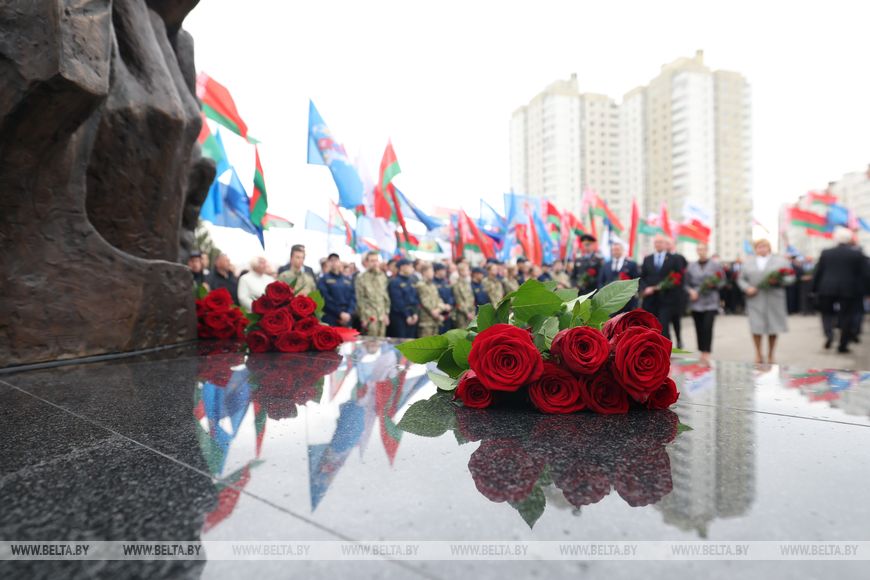
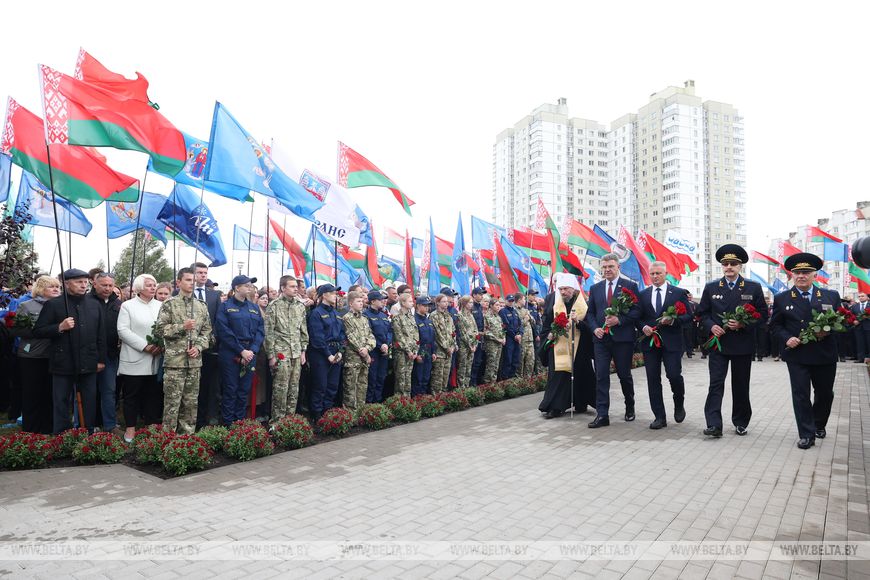 Severin Stupnikov, a student at the Minsk State Trade and Commerce College, said he could not miss such an event. “During the war, my great-grandmother helped several boys to escape a concentration camp. To ensure their feat is not forgotten, we must preserve this memory for future generations,” Severin Stupnikov noted.
Severin Stupnikov, a student at the Minsk State Trade and Commerce College, said he could not miss such an event. “During the war, my great-grandmother helped several boys to escape a concentration camp. To ensure their feat is not forgotten, we must preserve this memory for future generations,” Severin Stupnikov noted.
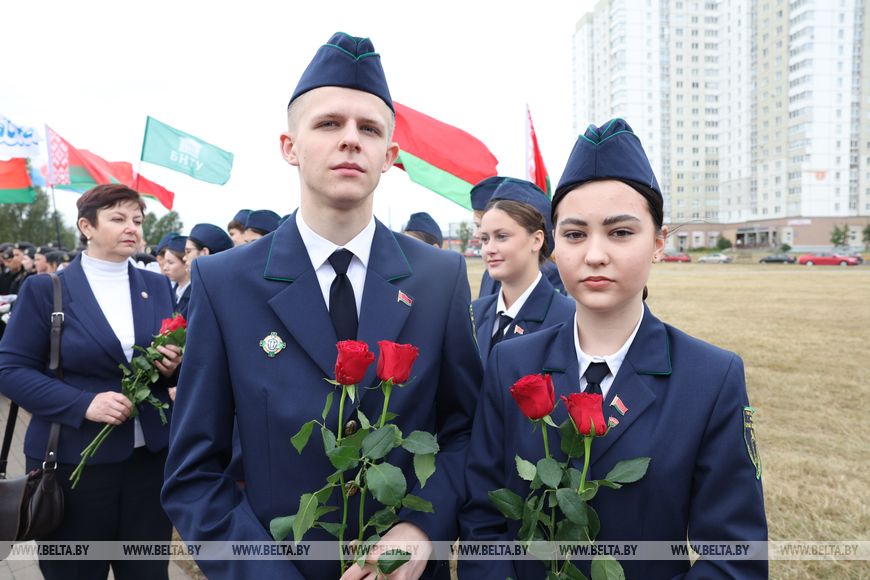



Deputy Prosecutor General of the Republic of Belarus Aleksei Stuk noted that similar memorial signs have been installed in all regions of Belarus. The one in Minsk was unveiled on 16 September. He emphasized that, in accordance with the national legislation, Belarusian courts can persecute perpetrators of war crimes who have long been deceased, and that the Supreme Court has already reviewed several such cases and delivered verdicts.
“This is not done to stir up the past. We must provide a legal assessment of the punishers who tortured our people. The paradox is that in some countries, monuments are erected to these Nazis, and they are portrayed as fighters for national liberation movements. We erect monuments to their victims,” Aleksei Stuk noted.


Minsk Prosecutor Oleg Lavrukhin explained the background behind such memorial signs in Belarus. According to him, the true scale of the tragedy and the suffering endured by the country during World War II began to emerge during the initial stages of the investigation into the criminal case on the genocide of the Belarusian people.
“Before the criminal case was launched, it was believed that Belarus suffered losses of under 2 million people. Today we can responsibly state that they amounted to 3 million. In this regard, the General Prosecutor's Office suggested considering the perpetuation of the memory of the victims of the genocide in every region of the country. There is probably no more significant and sorrowful place for Belarusians than Trostenets. It was the largest Nazi death camp in the entire post-Soviet space,” Oleg Lavrukhin said.


The ceremony was attended by Metropolitan Benjamin of Minsk and Zaslavl, Patriarchal Exarch of All Belarus. He offered a prayer for the victims of the genocide and consecrated the memorial sign. “Today, there is silence and peace in this place. Yet it is overshadowed by the anguish of how such an appalling crime against humanity could have taken place here. People who, in their souls, violated the divine law of the Creator, sought to rise above other nations and peoples, to subjugate them,” Metropolitan Veniamin said.



At the opening ceremony, Minsk Mayor Vladimir Kukharev emphasized that every person has the right to life. “The invaders set the goal to exterminate the Belarusian people so that no memory of it would remain. The people here did not seek others’ land; they raised children, made plans and dreamed of the future. All of this was erased in an instant,” he said.

Ilya Karchun, a student of Minsk School No. 143 and a member of the Zubr military-patriotic club, often attends such events and pays tribute to the heroes who fought for independence. “The Great Patriotic War affected my family: both my maternal and paternal great-great-grandfathers fought and received medals: For Courage, the Order of the Red Star, and For the Capture of Berlin,” he said.









